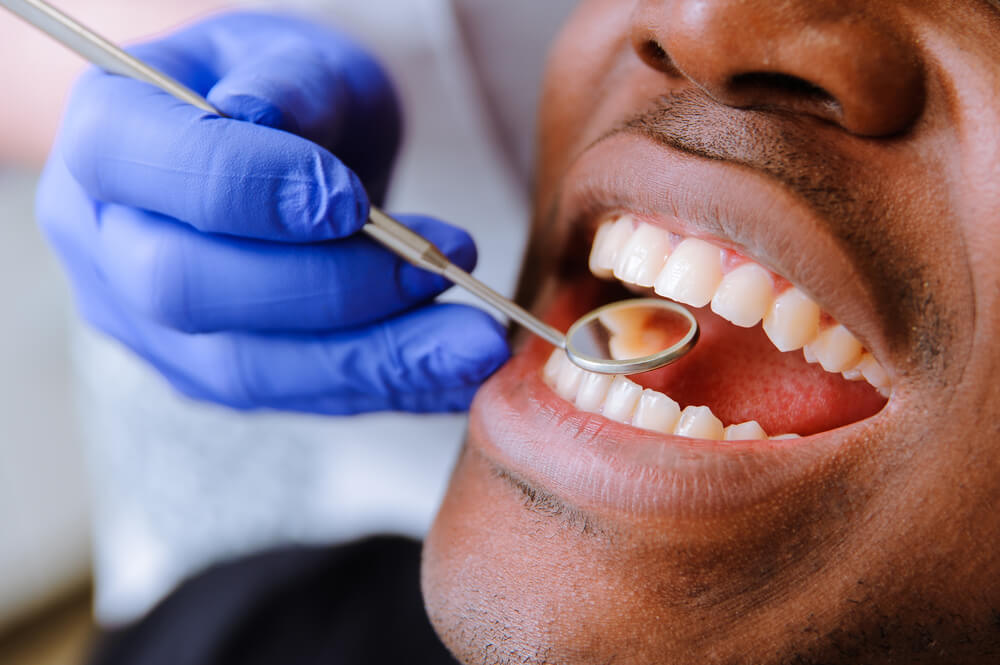Sealants

Sealants are an important preventive treatment that can help protect your teeth from tooth decay and cavities. Dr. Gerda of Gerda Family Dental highly recommends them as an essential part of every patient’s comprehensive preventive dentistry treatment strategy.
What Are Sealants?
A dental sealant is a thin layer of tooth-colored, composite resin that is applied to the surfaces of teeth to protect them from tooth decay and cavities.
How Do Sealants Help Protect the Teeth?
Dental sealants help to protect teeth in two ways:
- First, dental sealants cover the chewing surface of the teeth, sealing them off from the harmful acids produced by oral bacteria and also present in some of the foods and beverages we consume.
- Second, dental sealants fill in the cracks and crevices, creating smoother chewing surfaces on a patient’s teeth. As a result, food particles can’t become stuck in these hard-to-reach places, making it much easier to effectively brush the teeth and remove food particles, plaque, and other debris from the enamel.
Which Teeth Should Have Sealants?
Dental sealants are traditionally applied to the chewing surfaces of the molars. Molars are the primary targets of dental sealants because these teeth have deeper grooves and crevices where food particles and plaque can easily become trapped, leading to tooth decay and cavities.
Who Should Have Sealants?
You might associate dental sealants with childhood because you likely received your first sealants upon the eruption of your permanent molars in childhood. However, we strongly recommend dental sealants for patients of all ages who still have their natural molars.
The Process of Getting Dental Sealants
Getting a dental sealant is a quick, non-invasive, and painless process that simply involves thoroughly cleaning and drying the patient’s molars and then applying the sealant with a small brush. The process is similar to painting your tooth.
We then use a special light to cure and harden the composite resin. Once set, we’ll ask the patient to bite down and tell us how their bite feels. We can then sand down the sealant until the patient’s bite feels natural and comfortable.
How Long Do Dental Sealants Last?
Dental sealants can usually last for about ten years. However, excessive wear and tear due to bruxism (clenching or grinding your teeth) or chewing on hard objects can shorten their lifespan. We check our patients’ sealants during every dental exam to ensure they are in good shape. If a replacement is needed, we can talk with you about it and re-seal your tooth during your regular appointment.
Comprehensive Preventive Dentistry With Our Dentist in Columbus, Ohio
We have a comprehensive menu of preventive dentistry treatments for promoting good oral health in our patients at Gerda Family Dental. In addition to sealants, we can help safeguard your teeth from decay with fluoride treatments, dental cleanings, and more. To learn more about the importance of preventive dentistry or to get dental sealants placed on your teeth, we welcome you to contact our office in Columbus, Ohio today.


